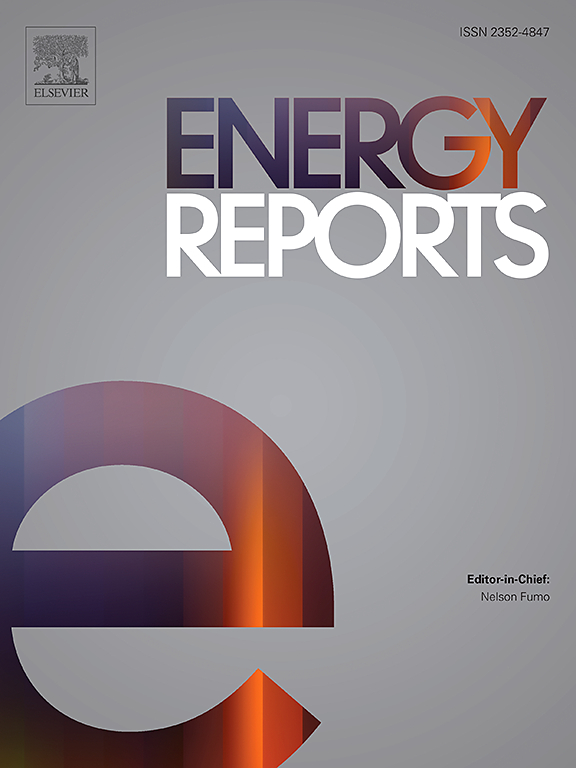Aligned interpretations? Comparing energy modeller and policymaker perspectives on model development and use
IF 5.1
3区 工程技术
Q2 ENERGY & FUELS
引用次数: 0
Abstract
Models are not neutral. Yet, there has been insufficient attention given to the possible divergence in interpretations between those producing energy models and those using the related modelling evidence. This paper investigates how various actors involved in an energy policymaking-modelling system imagine key components of model design and development. We focus on four model components that energy-economic modellers have identified as essential for advancing the relevance and value of energy-economic models in the context of net-zero transitions: (1) uncertainties; (2) technological innovation and radical transformation; (3) diversity of actor responses; and (4) long-time horizons. We adopted a case study approach that focused on the EU energy policymaking-modelling system. We conducted 16 interviews; 6 with European Commission policy officers, and 10 with those developing Commission-funded energy-economic models. We found that the four model components exhibited little Interpretative Flexibility; specifically, only one component (long-time horizons) was interpreted differently between EU policymakers and energy-economic modellers. Indeed, the policymakers’ understanding of model development meant that they did little interpretative work on energy models altogether. We call for modeller-policymaker dialogue to prioritise what sits behind interpretations (e.g. theories, ideologies) and to more constructively discuss model boundaries and scope (e.g. via systems thinking, use of intermediaries).
一致的解释吗?比较能源建模者和决策者在模型开发和使用方面的观点
模型不是中立的。然而,对于产生能源模型的人与使用相关模型证据的人之间可能存在的解释分歧,人们没有给予足够的重视。本文研究了能源决策建模系统中的不同参与者如何想象模型设计和开发的关键组件。我们重点关注能源经济建模者认为在净零转型背景下推进能源经济模型的相关性和价值至关重要的四个模型组成部分:(1)不确定性;(2)技术创新和根本性改造;(3)行为人反应的多样性;(4)眼光长远。我们采用了案例研究方法,重点关注欧盟能源决策建模系统。我们进行了16次访谈;6个与欧盟委员会的政策官员,10个与欧盟委员会资助的能源经济模型的开发人员。我们发现,四个模型组成部分的解释灵活性很小;具体来说,欧盟政策制定者和能源经济建模者之间只有一个组成部分(长期视野)的解释不同。事实上,决策者对模型发展的理解意味着他们几乎没有对能源模型做任何解释工作。我们呼吁建模者与政策制定者进行对话,优先考虑解释背后的内容(例如理论、意识形态),并更有建设性地讨论模型的边界和范围(例如通过系统思考、使用中介)。
本文章由计算机程序翻译,如有差异,请以英文原文为准。
求助全文
约1分钟内获得全文
求助全文
来源期刊

Energy Reports
Energy-General Energy
CiteScore
8.20
自引率
13.50%
发文量
2608
审稿时长
38 days
期刊介绍:
Energy Reports is a new online multidisciplinary open access journal which focuses on publishing new research in the area of Energy with a rapid review and publication time. Energy Reports will be open to direct submissions and also to submissions from other Elsevier Energy journals, whose Editors have determined that Energy Reports would be a better fit.
 求助内容:
求助内容: 应助结果提醒方式:
应助结果提醒方式:


